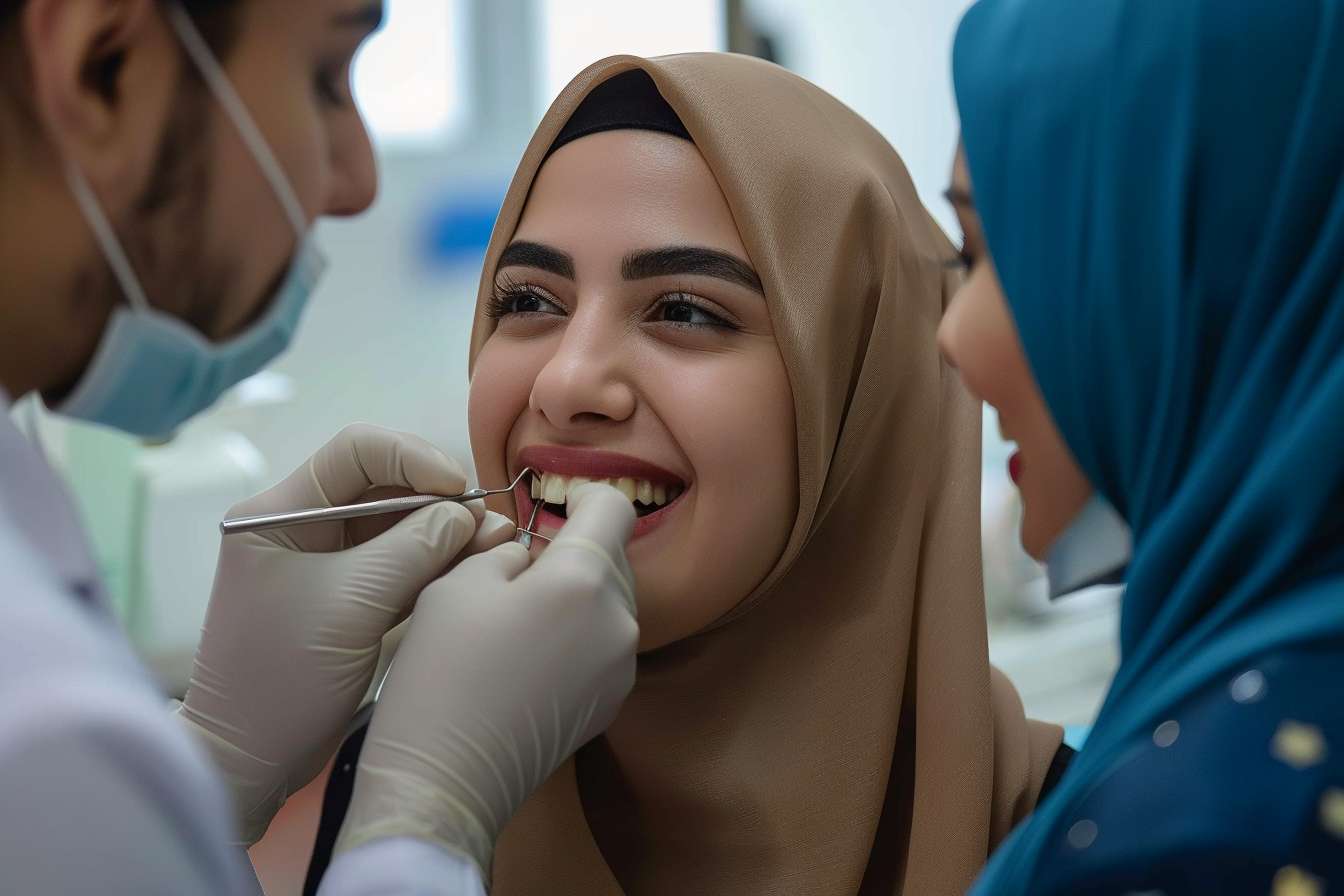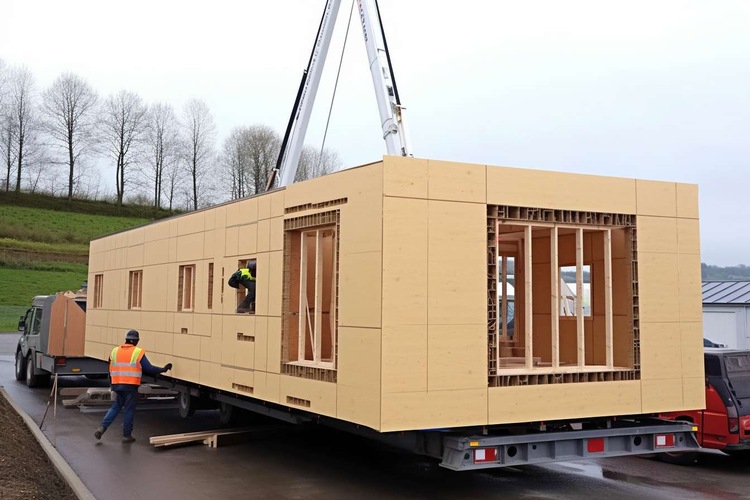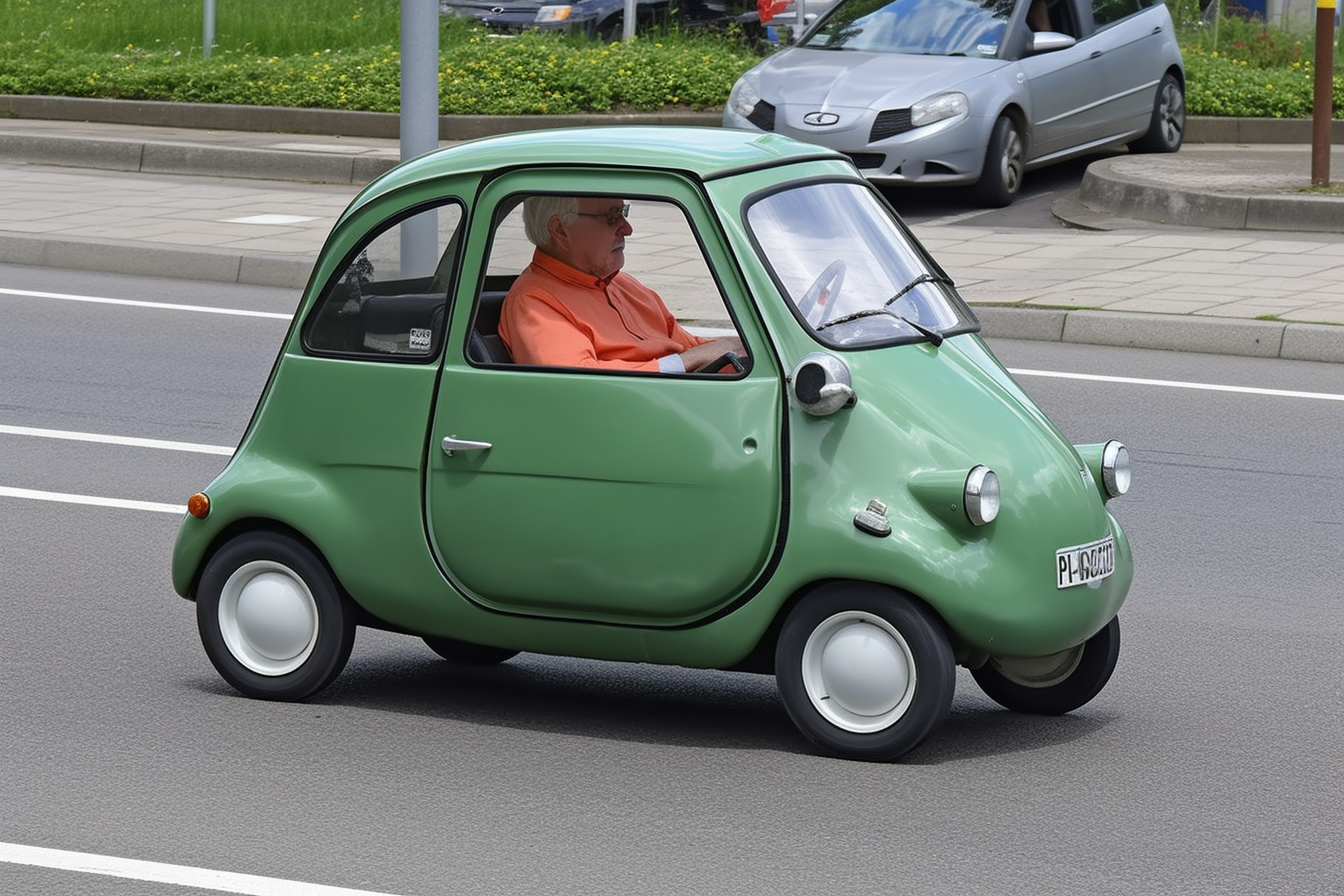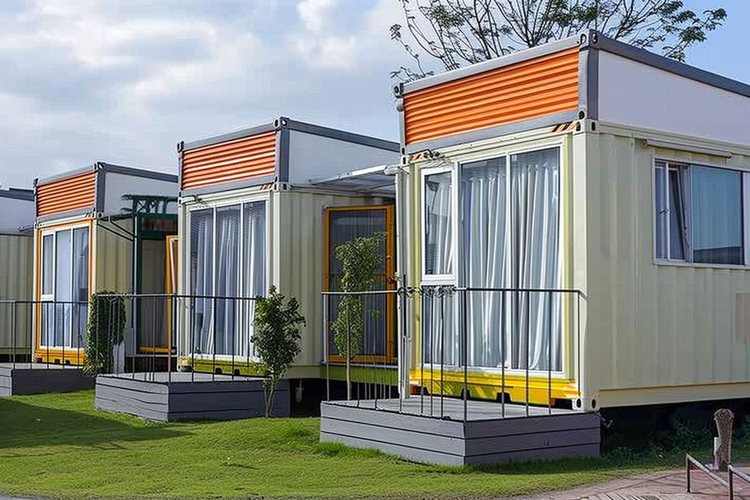Cutting-Edge Solutions for Screwless Dental Implants
Modern dentistry has revolutionized tooth replacement options, particularly for older adults seeking comfortable and effective solutions. Screwless dental implants represent an innovative approach that eliminates traditional screw mechanisms, offering enhanced comfort and improved healing outcomes. These advanced implant systems utilize specialized attachment methods that can benefit seniors who may have concerns about conventional implant procedures. Understanding the technology, benefits, and considerations surrounding screwless implant solutions helps individuals make informed decisions about their oral health restoration needs.

Screwless dental implants have emerged as a groundbreaking alternative to traditional implant systems, offering unique advantages for patients seeking tooth replacement solutions. Unlike conventional implants that rely on threaded screws for attachment, these innovative systems employ alternative fixation methods that can provide enhanced stability and comfort during the healing process.
Understanding Screwless Implant Technology
Screwless implant solutions utilize specialized design features that eliminate the need for traditional screw-based attachment mechanisms. These systems often incorporate press-fit connections, cement-retained crowns, or magnetic attachment systems that secure the prosthetic components without requiring threaded connections. The technology focuses on creating stable, long-lasting bonds between the implant fixture and the restoration while minimizing potential complications associated with screw loosening or fracture.
Benefits for Senior Patients
Implants for seniors using screwless technology offer several advantages that address common concerns among older adults. The elimination of screw components reduces the risk of mechanical failures that can occur over time, particularly important for seniors who may have difficulty maintaining complex oral hygiene routines. Additionally, screwless systems often require fewer adjustment appointments, making them more convenient for patients with mobility limitations or busy schedules.
Treatment Process and Considerations
The placement procedure for screwless dental implants follows similar initial steps to traditional implants, including comprehensive evaluation, bone assessment, and surgical placement of the implant fixture. However, the restoration phase differs significantly, as the prosthetic components attach through alternative methods rather than screw retention. This approach can simplify the restoration process and reduce the number of small components that require maintenance.
Maintenance and Longevity
Screwless implant solutions typically require modified maintenance protocols compared to traditional systems. Without screw access holes, the restorations often have smoother surfaces that may be easier to clean, potentially reducing plaque accumulation. However, any necessary repairs or adjustments may require different approaches, as the restorations cannot be easily removed for service like screw-retained alternatives.
Cost Considerations and Provider Options
The investment in screwless dental implants varies based on multiple factors including the specific system used, complexity of the case, and geographic location. Treatment costs typically range from ₹40,000 to ₹80,000 per implant in India, though prices may vary significantly based on the clinic and technology employed.
| Provider Type | Services Offered | Cost Estimation (INR) |
|---|---|---|
| Specialty Dental Clinics | Complete screwless implant treatment | ₹50,000 - ₹75,000 |
| University Dental Programs | Training-based treatment options | ₹35,000 - ₹55,000 |
| Private Practice Oral Surgeons | Advanced implant procedures | ₹60,000 - ₹90,000 |
| Multi-specialty Dental Centers | Comprehensive implant services | ₹45,000 - ₹70,000 |
Prices, rates, or cost estimates mentioned in this article are based on the latest available information but may change over time. Independent research is advised before making financial decisions.
Candidacy Assessment
Determining suitability for screwless implant solutions requires thorough evaluation of bone quality, oral health status, and individual patient factors. Seniors considering this treatment option should undergo comprehensive dental examinations, including radiographic assessment and medical history review. Factors such as bone density, gum health, and overall medical conditions influence treatment planning and expected outcomes.
Screwless dental implants represent a promising advancement in restorative dentistry, offering potential benefits for seniors seeking reliable tooth replacement options. While these systems provide certain advantages over traditional approaches, careful consideration of individual needs, treatment goals, and long-term maintenance requirements remains essential for optimal outcomes. Consultation with qualified dental professionals helps ensure appropriate treatment selection and realistic expectations for this innovative implant technology.




